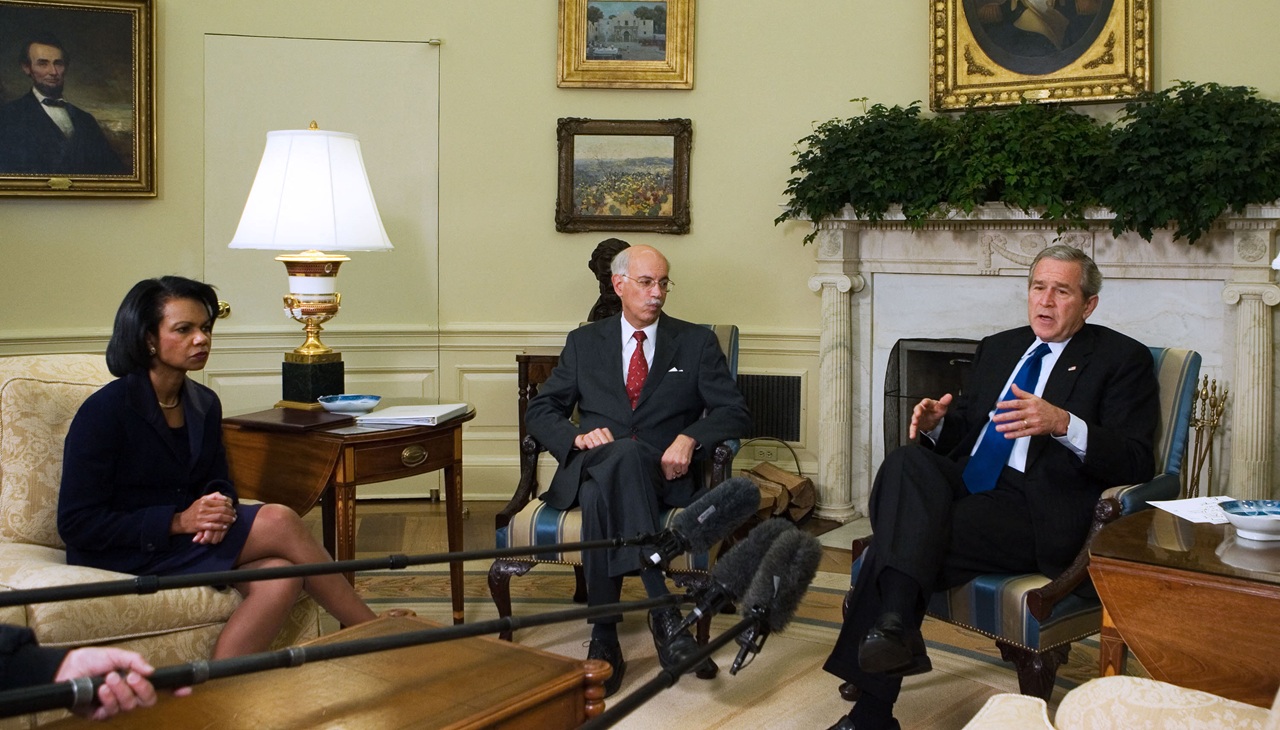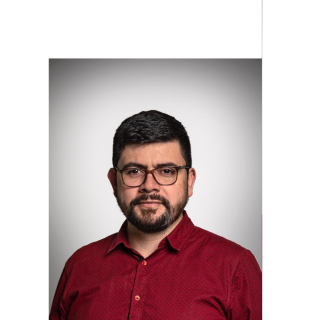
How Marxist is the USAID? Andrew Natsios answered
The agency's former director explains the dismantling of the agency and the accusations against the entity.
Andrew Natsios, former administrator of the United States Agency for International Development (USAID), expressed his rejection of the strategy being advanced by the Trump administration with the entity he directed during the administration of another Republican, George Bush Jr.
"It's not a takeover. It's a destruction of the agency," said Natsios in an interview with PBS. The expert now is a professor at Texas A&M University.
"AID was more aligned with President Bush's foreign policy than the State Department was, and sometimes even the Defense Department was," said to demonstrate the importance of this institution in U.S. foreign policy.
The Trump administration announced that all USAID direct-hire employees would be placed on administrative leave globally, with the exception of a small group of officials responsible for critical functions. Secretary of State Marco Rubio defended the move by claiming that the agency was not aligned with the country's foreign policy and should be restructured. In addition, Elon Musk, who took on an unexpected role in the administration, expressed his intention to shut down USAID altogether.
"I have always had respect for Marco Rubio, and I don't now because of the nonsense he just said," Natsios said.
For Natsios, USAID has historically operated in tune with the priorities of different administrations, both Republican and Democratic. He emphasized that the agency has been one of the main U.S. tools to address humanitarian crises, eradicate diseases and promote economic growth in developing countries.
The suspension of USAID operations has raised alarms in the international community. Humanitarian agencies have warned of the serious effects of the move, including the disruption of public health, food security and natural disaster response programs. Natsios stressed that the halting of key programs, such as polio eradication and assistance to famine-stricken regions, will put millions of lives at risk.
One of the most worrying impacts is the inability to deploy Disaster Response Teams (DARTs), essential in crisis situations. According to Natsios, this not only weakens the United States' ability to lead humanitarian responses, but also undermines its global influence and reputation.
Reactions in the international arena
RELATED CONTENT
Allied governments and organizations that used to work with USAID have expressed their dismay at the move. Currently, two-thirds of the agency's overseas staff are local citizens, who now face job uncertainty. In addition, cooperation with the private sector, key to project funding, has been put on hold.
Meanwhile, China, which has expanded its influence in the developing world through strategic investments, could benefit from the vacuum left by USAID, consolidating its position in regions where the U.S. agency played a crucial role.
Although the Trump administration insists that the restructuring seeks to align USAID with U.S. foreign policy, Natsios and other experts have warned that eliminating the agency or merging it with the State Department would mean its operational dismantling. According to Natsios, USAID has functioned more efficiently than other government agencies because of its independent and operational structure, and its demise would affect U.S. diplomacy in the long run.
In another part of the interview he emphatically stated:"The notion that the agency is Marxist is utterly ridiculous."
The fate of USAID remains uncertain, as political, humanitarian and business sectors push to reverse the decision and protect one of America's main tools for global development and international stability.










LEAVE A COMMENT: